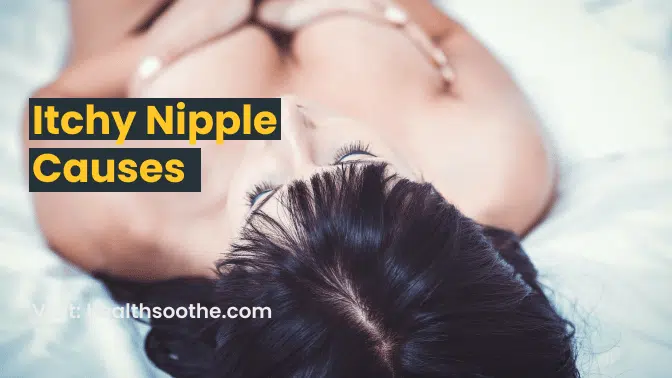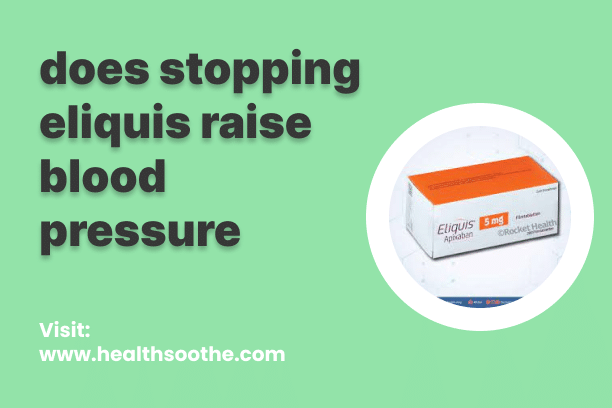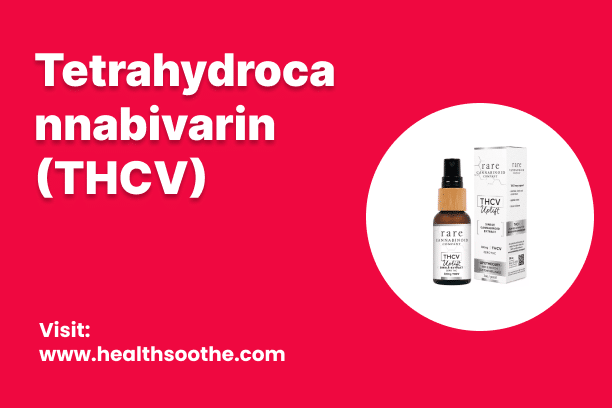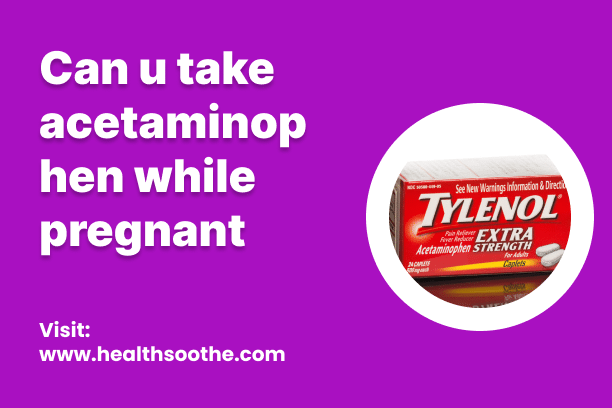There are several things that may itch your nipples. They are generally sensitive.
They protrude as well, and friction, dermatitis, nursing, or pregnancy may aggravate them.
Nipples that are itchy sometimes may indicate a more severe ailment. Even if you have a strong want to scratch, the issue is often simple to fix.
Consult your doctor if, after trying over-the-counter remedies for a few weeks, the itching persists.
Common causes of itchy nipples
1. Dry Climate
Your whole body may get very itchy in cold, dry conditions, including your breasts and nipples. Your nipples may seem raw or chafed if that is the reason.
Limit showers and baths to 10 minutes or less. Use lukewarm water to wash your face since hot water strips your skin of vital oils and dries it out even more.
After gently patting your skin with a towel until it is nearly dry, use a thick or ointment to hydrate. To increase moisture, run a humidifier.
2. Eczema
If you've ever had eczema, it may result in a crusty rash on your nipples and the flat area surrounding them.
Use a thick moisturiser that contains ceramides, a waxy substance that promotes skin healing.
Itching and swelling may be relieved with a topical steroid like hydrocortisone.
Stronger prescription ointments are available from your doctor. If there is any soreness or leaking, which might indicate an infection, go see them immediately away.
3. Soap
Your itching nipples might be caused by your new soap, lotion, or detergent.
Contact dermatitis is a rash that may be brought on by the chemicals in many cleaning products. Your body may develop red, itchy areas as a result.
You'll be able to identify the issue by switching to hypoallergenic, odourless, and dye-free soaps and cleansers.
4. Allergies
Certain stimuli cause their skin to respond quickly to certain individuals. Itching and perhaps even a rash might occur when anything to which you are allergic or sensitive comes in contact with your skin. Contact dermatitis is the name of this response.
Nipple itch is often brought on by anything that comes into touch with the nipple, such as a nipple.
However, other items you use, such as your detergent, body lotion, or fabric softener, could also make your nipples itch.
5. Undergarments
Your bra or lingerie's elastic or colour may be causing your breasts and nipples to respond.
Your nipples and other skin-to-fabric contact points may become red and itchy as a result of contact dermatitis.
If you just switched to a new bra, switch back to your old one for a bit to see if the itching disappears.
6. Mammary cancer
Having breast cancer may make your nipple ache. Here are a few indicators to look for that distinguish the itching brought on by cancer from other causes.
Nipple itching and a rash are symptoms of Paget's disease, a particular kind of malignancy. Paget's illness often only causes one nipple, not both, to itch. Additionally, topical medications won't make it go away.
Other forms of breast cancer, such as inflammatory breast cancer, may result in skin changes, such as rash and itching around the nipple.
But once again, they often only occur on one side. Along with the itching, you'll likely have additional symptoms, such edoema.
Keep in mind that, despite its rarity, breast cancer may occur in anybody.
7. Breastfeeding
Nipples may become scratchy and uncomfortable owing to milk residue, clogged milk ducts, and issues with your infant latching on during feedings.
It's crucial to continue to pump or breastfeed while keeping the area dry and clean.
Your pain may be lessened by lanolin and silicone gel pads that have been chilled in the refrigerator.
8. Thrush
Consult a doctor if you are breastfeeding and your nipples and surrounding skin are not only itchy but also glossy or flaky, and you experience sudden discomfort during nursing.
Those are symptoms of the fungus illness thrush. Along with a modest oral antifungal medicine, your doctor may advise applying an antifungal on your nipples and breasts.
9. Menopause
Your skin may get thinner, dryer, and more sensitive throughout this period of your life.
Put it down to your fluctuating hormone levels and reduced oestrogen levels. Your skin has a tougher time retaining moisture because your body produces less oil.
The vagina and nipples are two places on the body where the itch might occur.
Use gentle cleaners, moisturise often, and avoid taking as many hot showers to combat the dryness.
10. Paget's illness
The nipple and surrounding areas are affected by this uncommon kind of breast cancer, which begins in the breast ducts. With crusty, scaly, and itchy skin, it might resemble eczema quite a bit.
However, it often just affects one nipple, and you could also see blood or a yellow discharge.
You could require a biopsy of a tissue sample if the rash doesn't improve after eczema treatments, just to be sure.
Radiation is often used as a second step in the treatment of Paget's disease.
11. Radiation
Even when breast cancer treatment is over, significant itching in the breasts and nipples is still possible. Radiation destroys skin cells and causes the skin to peel off while also causing dryness, burning, and itching.
Wear soft, loose-fitting clothing, massage the region with an ice cube, and drink plenty of water.
Oral antihistamines may be beneficial. Additionally, your doctor may give you a corticosteroid to massage your skin.
12. Negative tumour
A noncancerous growth in the breast duct may sometimes result in an irritated, coated nipple.
A tiny lump or clear or red discharge from the nipple may be felt or seen.
Your doctor may do an ultrasound, [mfn]mammography[/mfn], biopsy, or X-ray of your breast duct in order to establish the diagnosis. Surgery is often used as therapy.
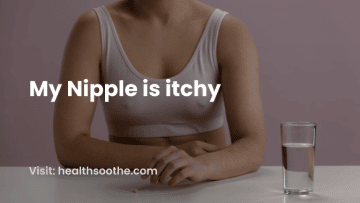
Pregnancy nipples that itch
You could be concerned about that new, odd itching in your nipples if you're expecting.
But most of the time, it's simply another pregnant side effect.
One pregnancy-related hormone shift that may make you itchier than normal is the change in oestrogen and progesterone levels.
Also, keep in mind that your skin will stretch since your breasts usually expand during pregnancy.
You can experience tingling, burning, and itching as your skin expands, especially in delicate regions like your nipples and breasts. Additionally, your skin may seem dryer or even flaking.
Pregnancy-related itching nipples may also be brought on by:
Prurigo. This illness, which is your immune system's reaction to pregnancy-related changes, may also lead to tiny, itchy bumps on your chest and other parts of your body.
Pregnancy-related urticarial papules and plaques that are itchy (PUPPP). PUPPP may create tiny pimples or hives on your stomach, chest, behind, and thighs in addition to itching.
Here are some suggestions for finding relief:
Think about switching to a bra that fits looser. To encourage improved ventilation, stick to cotton and natural fabrics wherever you can.
Your bra or top should be lined with a cold towel. To avoid dealing with wet fabric, try storing a stash in the refrigerator.
Select fragrance-free detergents and soaps or items made especially for the skin that is sensitive.
Use a hydrating lotion. Choose additive-free, fragrance-free goods in this case as well. Shea butter, cocoa butter, and olive oil may also be effective.
Before or during your menstruation, itchy nipples
Those hormonal changes in pregnancy that cause itching nipples? Similar alterations are a component of your monthly cycle if you have menstrual periods.
You can experience more itching than normal as your period approaches and starts even if you don't alter your regular regimen since fluctuating hormone levels might make your skin more sensitive.
This hormone-related sensitivity is also quite typical right before, during, and after menopause and might include dryness, irritation, and tiny bumps or pimples.
A normal component of your monthly cycle, fluctuations in breast size may cause your nipples to itch as well.
Your regular-size bras or clothing may momentarily become overly tight, which may cause chafing, discomfort, and itching.
Even while you may not be able to completely stop this itching, you can obtain some relief by:
avoiding triggers, such as highly scented soaps or detergents, temporarily moving to shirts and undergarments in a little bigger size, keeping your skin hydrated with moderate, fragrance-free lotion, and taking an over-the-counter (OTC) anti-itch topical medicine, such as hydrocortisone.
Treatment options for contact dermatitis include:
- Take five to ten minutes of warm, not hot, showers, followed by gently rubbing your skin dry
- using moisturiser or an anti-itch immediately after drying off and exhibiting
- selecting natural fabrics that breathe well for shirts
- If possible, swap out sweaty garments right away.
- Avoid using body washes, fragrances, or harsh soaps
- selecting a hydrating soap
- exercising while wearing supportive undergarments that don't brush against your nipples
Candida infection
Although you may associate yeast infections with your vagina, they may also appear in other warm, moist parts of your body, such as your breasts.
Breast thrush, or breast yeast infections, often exhibit the following symptoms:
- a red, glossy rash on the flesh of your chest or nipples
- your nipples are bleeding and cracked
- nipples that are stinging, burning, and tingling
- deep or shooting pain, especially after breastfeeding or pumping, in your nipples or chest
If you're presently taking antibiotics, your risk of getting breast thrush may also be elevated.
Breast thrush may be prevented by rinsing and patting your chest dry after breastfeeding or perspiring, particularly in warm or muggy conditions.
Antifungal drugs, either over-the-counter or prescribed, are often needed to treat yeast infections. Before you begin taking antifungals, you may acquire confirmation of a yeast infection by getting in touch with your medical team.
Mastitis
Breast and nipple irritation may also be brought on by mastitis, an infection of the breast tissue. This disease, which often manifests while breastfeeding, may arise from a clogged milk duct or bacterial exposure.
Additional signs can include:
- Or warmth in the breasts
- Enlargement of one breast
- Nursing may cause burning or pain
- An expulsion from your nipple
Treatment
- avoiding situations or things that aggravate the response
- avoid scratching as this might make the problem worse and cause infection.
- moisturising the skin to keep moisturised
- utilising topical steroid medicine and other prescription drugs as directed
- utilising antihistamines as prescribed, such as hydroxyzine
When to see a doctor if you have itching nipples
How do you decide when to see your doctor given the myriad of conditions that might cause itching nipples? Here are several indications that you should make an appointment:
- longer-lasting itching than a few weeks
- strong itching
- Bruised and sore breasts or nipples
- Unresponsive rash or itching to over-the-counter remedies
- An exposed or blistering rash
- a rash that seems to be becoming infected (you might see redness, swelling, or drainage of a rash)
Conclusion
There are several potential causes of itching nipples, most of which are not serious.
However, a few severe illnesses may also cause [mfn]nipple irritationhttps://my.clevelandclinic.org/health/symptoms/23164-sore-nipples[/mfn].
Itchy nipples are often brought on by anything that has irritated your skin.
Be an appointment with your doctor if your itching persists for more than a few weeks so they can make sure nothing more severe is going on.

